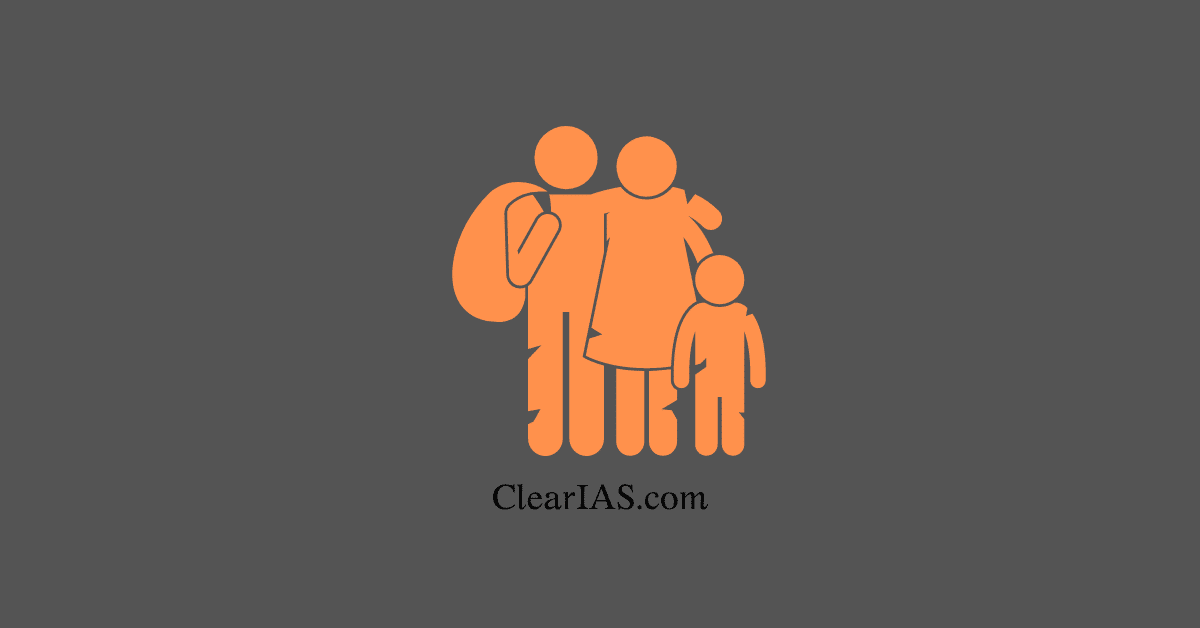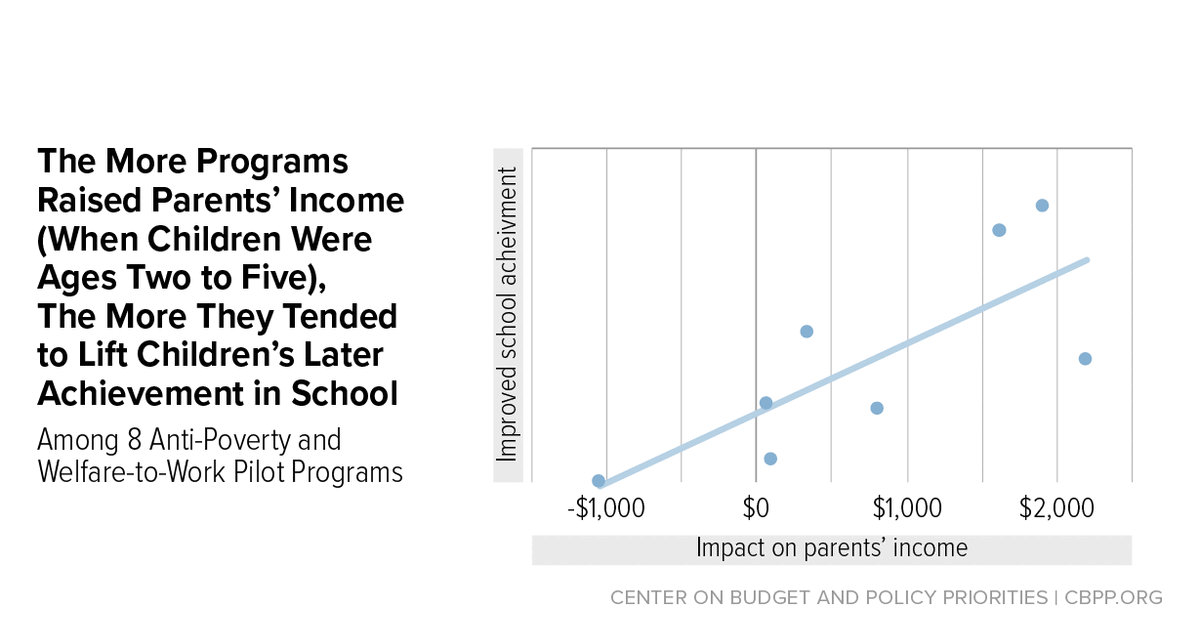Poverty is a complex and multifaceted issue that affects millions of people around the world. It is defined as the lack of access to the resources and opportunities necessary to meet basic needs and achieve a decent standard of living. Poverty can take many forms, including economic, social, and political, and it can have far-reaching consequences on individuals, families, and communities.
There are many factors that contribute to poverty, including structural inequality, lack of access to education and healthcare, discrimination, and environmental degradation. These issues are often interconnected and can create a cycle of poverty that is difficult to break.
Despite the challenges and negative consequences of poverty, some argue that it is necessary for the functioning of society. Some argue that poverty serves as a motivator for individuals to work hard and strive for success. Others believe that poverty is necessary for the economy to function, as it creates a pool of cheap labor and drives down the cost of goods and services.
However, these arguments fail to take into account the human cost of poverty. The reality is that poverty imposes tremendous suffering on individuals and communities, and it can have long-term negative impacts on health, education, and overall well-being. Poverty also has wider societal consequences, as it can lead to social unrest and conflict.
Furthermore, the idea that poverty is necessary for the economy to function is a fallacy. Studies have shown that reducing poverty can actually have positive economic impacts, as it leads to increased productivity, reduced healthcare costs, and improved social cohesion.
In conclusion, while it may be tempting to view poverty as a necessary evil, it is a complex issue with far-reaching negative consequences. Instead of accepting poverty as inevitable, we should strive to address the root causes and work towards creating a more equitable and just society for all.






